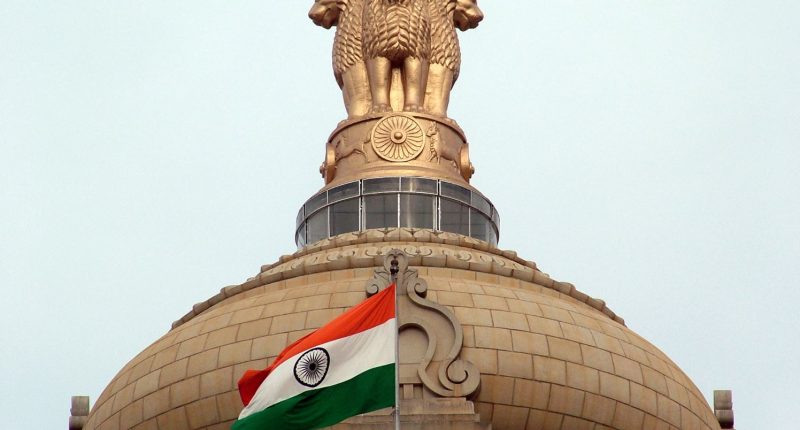The Reserve Bank of India has expressed it’s desire to ban cryptocurrencies to the Indian government, Finance Minister Nirmala Sitharaman revealed, replying to a query in the country’s lower house of the Parliament, the Lok Sabha.
“RBI is of the view that cryptocurrencies should be prohibited,” Sitharaman said. She also added that due to the lack of any geographical borders concerning operations of Cryptocurrencies, the central government would have to work with many international bodies. “Cryptocurrencies are by definition borderless and require international collaboration to prevent regulatory arbitrage. Therefore any legislation for regulation or for banning can be effective only after significant international collaboration on evaluation of the risks and benefits and evolution of common taxonomy and standards,” she said.
The statement comes amid widespread speculations regarding the Central Government putting a cryptocurrency regulation bill on the Lok Sabha floor. No such bill however, is listed on the parliament docket as yet. The industry has also been awaiting the government’s crypto consultation paper, which was expected to arrive back in May.
The Indian government has been long at-work trying to understand the concept of Cryptocurrencies under the context of Indian economy. And while recently levied taxations have not been the easiest pill to swallow for traders, it was largely considered a first step towards the government finally giving way for the concept to set foot in India. However, the brains at work continue to contemplate weather Cryptocurrencies fall under assets or commodities, which keeps the sword of regulatory uncertainty looming over the industry players and retail investors alike.
“RBI mentioned that cryptocurrencies are not a currency because every modern currency needs to be issued by the Central Bank / Government. Further, the value of fiat currencies is anchored by monetary policy and their status as legal tender, however the value of cryptocurrencies rests solely on the speculations and expectations of high returns that are not well anchored, so it will have a de-stabilising effect on the monetary and fiscal stability of a country,” FM said.
The interests of the FM and the relevant international advisory body, the Financial Security Board (FSB), seem to be in line, with the FSB promising to deliver “robust” regulatory guidelines in October this year. It remains to be seen on weather the Indian government will be making legislatory moves of its own before that.
The RBI has firmly maintained its hardline stance against cryptocurrencies since almost a decade, as the bank had been warning Indian citizens holding digital assets about their concerns. RBI also levied a compete prohibition on all of its regulated entities from entertaining any transactions made in virtual currencies, a move which was later reversed by the supreme court in March 2020. In February 2022, one of RBI’s top ranking officials, T. Rabi Sankar (Deputy Director of the RBI) had even compared to the concept to a “Ponzy Scheme”
The Finance Minister’s statement does no favours to an already semi-hostile environment in the cryptocurrency startup space in India. Many Indian founders with innovative solutions in the industry have been preferably catering to foreign markets. Earlier this year, Global cryptocurrency giant Coinbase, after toiling hard to set up a locally accepted UPI payment mechanism, halted all transactions citing “informal pressure” from the Indian government.
The Tech Portal is published by Blue Box Media Private Limited. Our investors have no influence over our reporting. Read our full Ownership and Funding Disclosure →






